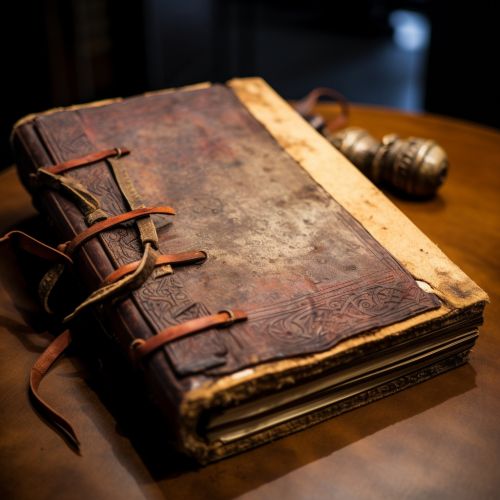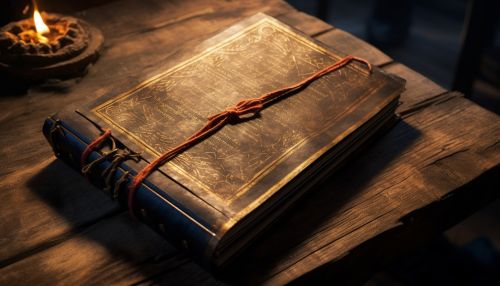Prose Edda
Origins and Manuscripts
The Prose Edda, also known as the Younger Edda, Snorri's Edda or, historically, simply as Edda, is one of the most important sources of Norse myths and heroic legends. It was written in Old Norse by the Icelandic poet, historian, and politician Snorri Sturluson around 1220.
The Prose Edda is preserved in four main manuscripts: Codex Regius, Codex Wormianus, Codex Trajectinus, and the Codex Upsaliensis. The Codex Regius is the oldest and most comprehensive, dating from the 13th century. The other three manuscripts date from the 14th to 15th centuries.


Structure and Content
The Prose Edda is divided into four main parts: the Prologue, Gylfaginning, Skáldskaparmál, and Háttatal.
The Prologue is a brief introduction in which Snorri presents the work to his readers. It is followed by Gylfaginning ("The Tricking of Gylfi"), which is the longest and most well-known section of the Prose Edda. It presents a narrative of the creation of the world, the gods, and humanity, as well as the end of the world and its rebirth, according to Norse mythology.
Skáldskaparmál ("The Language of Poetry") is a dialogue between Ægir, a sea giant, and Bragi, the god of poetry, in which they discuss the kennings (poetic metaphors) used in skaldic poetry.
The final section, Háttatal ("List of Verse Forms"), is a technical treatise on poetic meter. It includes 102 stanzas of a poem composed by Snorri in honor of King Hákon Hákonarson and his regent, Earl Skúli.
Influence and Legacy
The Prose Edda has had a profound impact on the study of Norse mythology and the understanding of early Scandinavian literature. It is not only a primary source for our knowledge of ancient Norse myths and legends but also a significant work of literature in its own right.
The Prose Edda has also influenced a wide range of later works, from the sagas of the Icelandic tradition to modern fantasy literature. For example, J.R.R. Tolkien, the author of The Lord of the Rings, was heavily influenced by the Prose Edda in his creation of Middle Earth.
